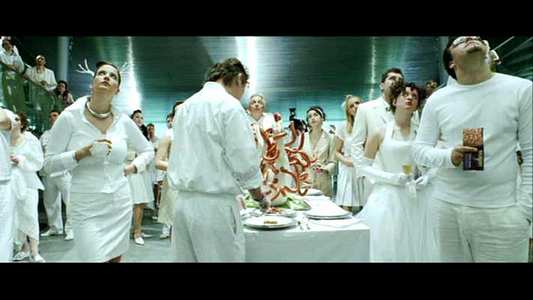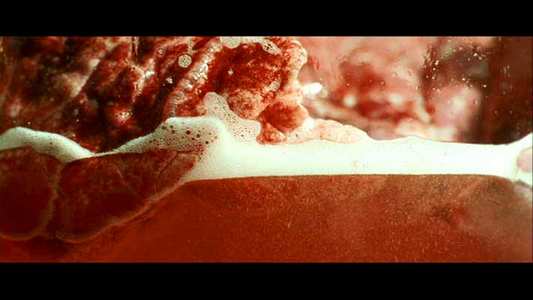Review of Taxidermia
Introduction
From the Hungarian director György Pálfi, who rose to fame in 2002 with the strange film `Hukkle`, `Taxidermia` was in pre-production when it won the Sundance/NHK International Filmmakers Award in 2004 - the $10,000 prize money was used to finish the movie.
Based on short stories by Lajos Parti Nagy, `Taxidermia` is a film in three acts across three generations. The first takes place in World War Two, where a young and bored soldier spies on his commanding officer`s daughters, engages in onanism and discovers he can ejaculate fire. After having sex with his CO`s wife on top of a dead pig, she becomes pregnant and gives birth to a boy with a pig`s tail, which is swiftly removed. The second act concerns the child, now a speed-eating champion in 1960`s Communist Hungary. In the third act, his son, a taxidermist, whilst striving for the ultimate in taxidermy, looks after his grotesquely obese father, who is breeding speed-eating cats.
To expand on the plot any further would run the risk of spoilers, so I`ll leave it at that.

Video
A very good 2.35:1 anamorphic transfer, which is clear, even in the darker scenes. Cinematographer Gergely Pohárnok collaborated with György Pálfi on `Hukkle` and the two obviously have an understanding as the look of the film is consistent and beautifully shot, with the dark palette of the Second World War section, the brightness of the `60s Communist era and the clarity of the final act set in modern day Hungary.

Audio
With Dolby Digital and DTS 5.1, as well as a DD 2.0 stereo soundtrack to chose from, I watched the film with DTS but then re-watched parts with the DD soundtracks. The 5.1 encodings are hard to tell apart, but both are excellent; the stereo track obviously does not have the atmosphere or punch of the surround options.

Features
According to the sleeve, there is a `making of`, a trailer and film notes, but the review disc only contains the trailer.

Conclusion
`Taxidermia` reminded me a lot of the brilliant collaborative efforts of Jean-Pierre Jeunet and Marc Caro: `Delicatessen` and `The City of Lost Children`, due to the surreal, dark subject matter and the overall look and feel of the film. I don`t know whether this will resonate with Hungarian audiences who will see parallels with their own transition into and out of communism, but such social comment is not necessary for the overall enjoyment of the film.
György Pálfi has a tremendous visual flair and sense of the surreal and has created a weird and thoroughly enjoyable piece of shock cinema that lives up to its tagline: "Three stories. Three generations. Three men. One bizarre and shocking universe.".
Recommended, but definitely not for the weak of stomach or closed of mind!
Your Opinions and Comments
Definitely the sort of film I'd recommend to my friends who I know will like it, rather than as a must see for anyone.